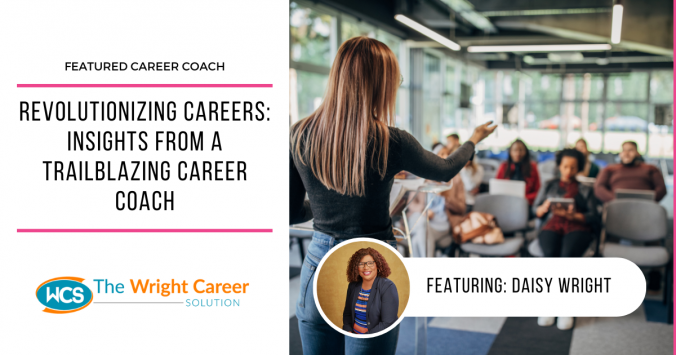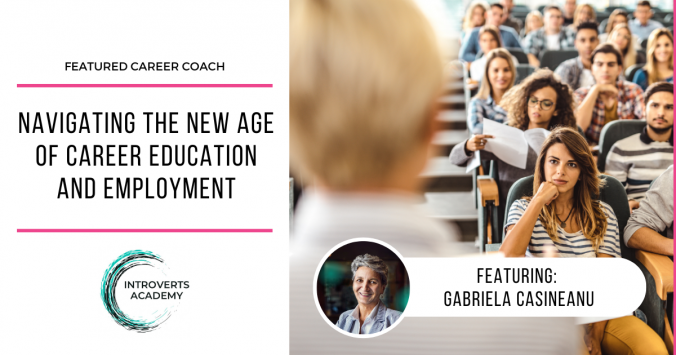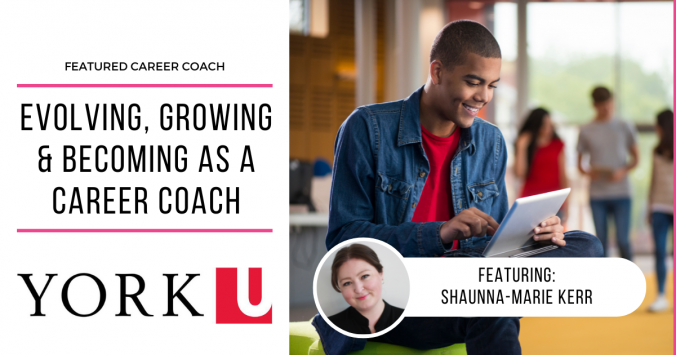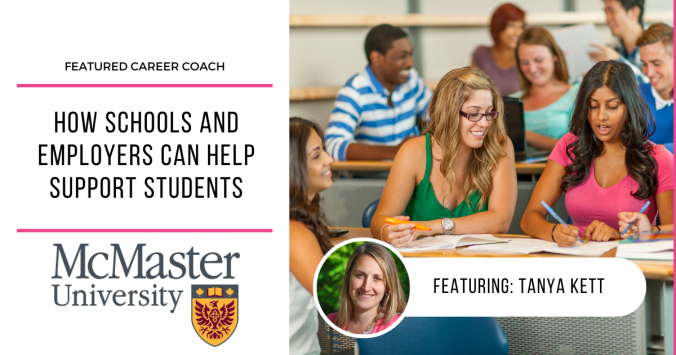Daisy Wright is the Chief Encouragement Officer at The Wright Career Solution, where she helps professionals and emerging leaders find fulfilling career paths. She is dedicated to guiding individuals toward career transformation and is a visionary leader behind the Let’s GROW Project and the Aspire to GROW Leadership Academy. These initiatives empower women to own their ambitions and strive for leadership roles and equity in the workplace.
A personal transformation sparked Wright’s journey into career coaching. “I decided to pursue career coaching because of the transformation I witnessed in my own life/career. When I became frustrated in my job, I hired a career coach to help me identify my skills and explore career options.”
This particular experience sparked a passion in her to take on dual roles as a part-time resume writer and a part-time professor in the Faculty of Business at Sheridan College. Over time, this evolved into a full-fledged career coaching endeavour aimed at helping individuals achieve career clarity.
Empowering Others: Effective Strategies for Career Transformation
Transformative stories mark her career to date, “One of the greatest achievements in my work, generally, was to hear a client, who is now a DEI Director, exclaim, ‘I came in with a 180° perspective, and am leaving with a 360°.’ A tangible case study further illustrates the success of a recent graduate, shedding light on the impactful transformations possible.”
Wright believes in empowering students to successfully transition from school to work by utilizing university career centers. She also encourages career educators and employers to not only stay up-to-date with the latest trends but also to immerse themselves in them. “I am an early adapter to any technology that will enhance the work that I do.” says Daisy, “Long before the Pandemic, I was a frequent Zoom platform user, allowing me to work beyond borders. Currently, I am immersing myself into artificial intelligence and have been educating clients about its benefits and limitations.”
Strategies for Enhancing Mental Health and DEI Initiatives
Daisy believes it’s important to address mental health issues in the workplace. She highlights the significant costs that mental health challenges can have for employers and advocates for a workplace culture that prioritizes mental well-being. She suggests employers should provide resources to create supportive environments that enhance productivity and satisfaction. “As a career coach, my role is not limited to the career development of my clients but to their overall well-being. If any mental health issue arises during our work together, it becomes the priority. If the situation is outside the scope of my training, a referral is made.”
Daisy’s work is driven by the core pillars of diversity, equity, and inclusion (DEI). She believes that diversity is crucial for driving innovation and performance. Drawing from her lived experiences and collaborations, she emphasizes the importance of diversity in the workplace. According to Wright, employers need to understand that diversity sparks innovation, which ultimately positively impacts the bottom line.
A Note to Career Educators and Employers
Employers can use digital recruitment tools such as job fairs and university partnerships to support and engage emerging talent. They can also establish virtual mentorship programs and foster clear communication channels. Daisy emphasizes, “Employers should expand their hiring pool to include platforms and resources that cater to historically underserved and underrepresented populations.”
In today’s competitive job market, it is recommended that employers use a variety of recruitment methods to attract top talent. It is essential to showcase the company culture and also offer growth opportunities to potential candidates.
For other career educators, Daisy suggests embracing continuous learning, adapting to emerging trends, and fostering mentorship. These practices are crucial in a rapidly evolving field.
Daisy Wright is the Chief Encouragement Officer at The Wright Career Solution. She partners with mid-career professionals, emerging leaders, and executives to help them discover fulfilling career opportunities. Daisy is also the Chief Architect of the Let’s GROW Project, an initiative to empower women and promote leadership.



